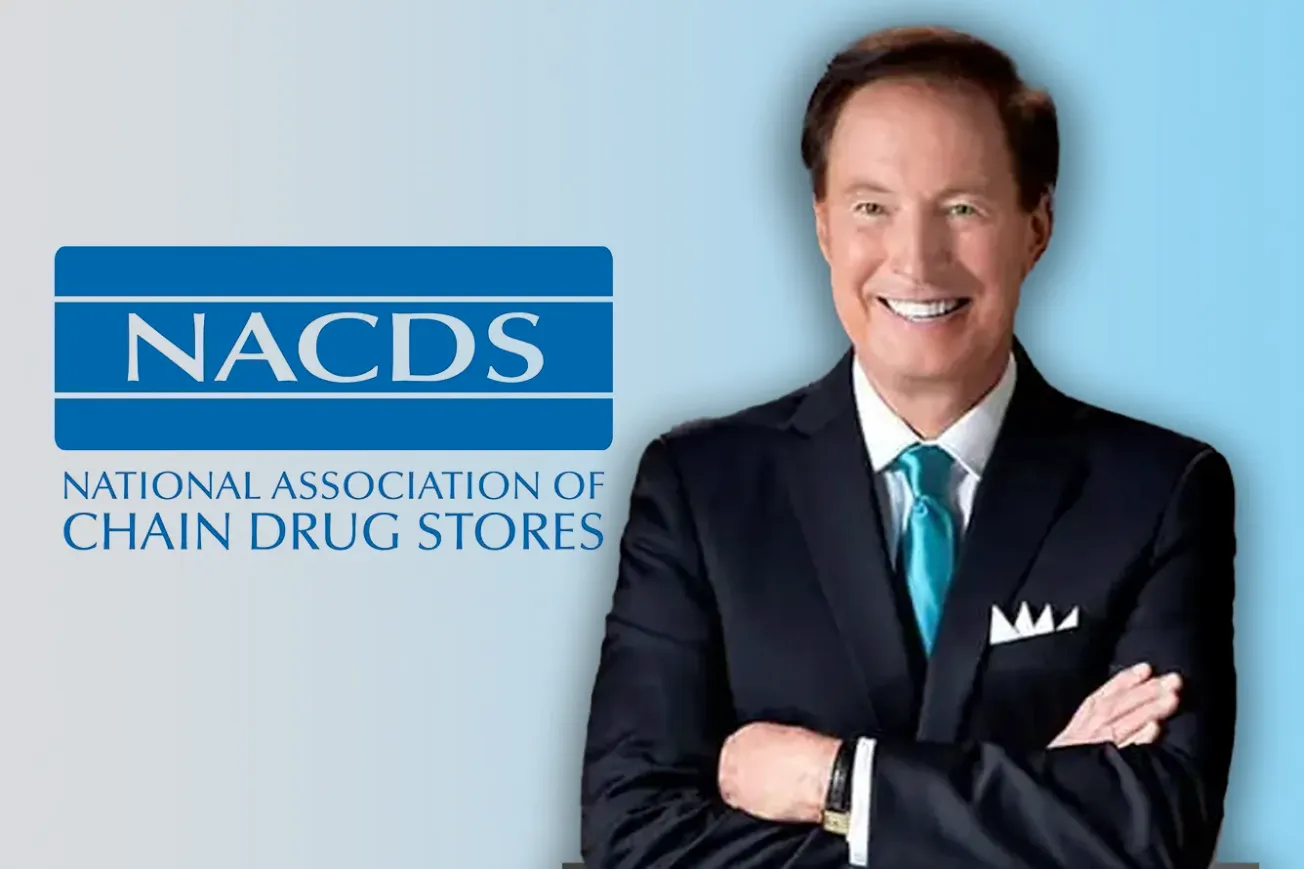NEW YORK — According to published reports, pharmacy groups are warning that drug shortages have reached an all-time high in the United States.

During the first three months of 2024, there were 323 active medication shortages, according to the American Society of Health-System Pharmacists (ASHP) and Utah Drug Information Service. Previously, the record high was 320 shortages in 2014.
“All drug classes are vulnerable to shortage,” Dr. Paul Abramowitz, CEO of ASHP, said in a statement. “Some of the most worrying shortages involve generic sterile injectable medications, including cancer chemotherapy drugs and emergency medications stored in hospital crash carts and procedural areas.”
Abramowitz added there are ongoing national shortages for Attention-Deficit/Hyperactivity Disorder (ADHD) medications, which remain “an issue for clinicians and patients.”
Among them is the ADHD prescription drug Adderall. The shortage began in late 2022 initially due to a delay from a manufacturer. As of early 2024, the shortage is now demand-driven, according to the U.S. Food and Drug Administration.
“The FDA can utilize different tools during a shortage to assist manufactures with increasing supply including expediting review of a supplement to add additional supply of active ingredients or adding additional capacity,” an FDA official said in a statement earlier this year. “Unfortunately, we are not able to share specific actions, as they are considered commercial confidential information.”
ASHP said it is working with the federal government to advise HHS agencies on their response to shortages and on steps the trade group believes the federal government could take to alleviate the shortage, including Congress requiring manufacturers to be more transparent about any supply chain issues and to encourage greater diversity in the supply chain.
ASHP, however, said it had concerns about a proposal from the U.S. Department of Health & Human Services that would issue financial penalties for hospitals that lack the resources to stockpile medications.
“Much work remains to be done at the federal level to fix the root causes of drug shortages,” Abramowitz said. “ASHP will continue to engage with policymakers regularly as we guide efforts to draft and pass new legislation to address drug shortages and continue to strongly advocate on behalf of our members for solutions that work.”









